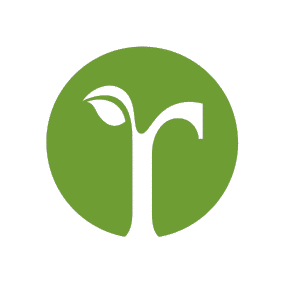Throughout our 15 years of lending to agricultural enterprises, we have found that women are often hired for office positions in accounting, marketing, sales and other midlevel management roles – roles that are highly influential but less visible, and therefore less studied and celebrated, than top-tier leadership roles. We call these women “hidden influencers.”
In the context of large corporations, McKinsey & Company has defined the term “hidden influencers” as “people other employees look to for input, advice, or ideas about what’s really happening in a company.” Odalis Noeme Guerrero is just one example of a “hidden influencer” we have had the fortune of meeting through our work.

Odalis Noeme Guerrero, agronomist at UNICAFEC.
Raised in the coffee community of San Ignacio, Peru, Odalis Noeme Guerrero became interested in coffee farming at a young age. But her father, a coffee producer, did not want his daughter involved in the “man’s work” of coffee production, and unlike her brothers, Odalis did not inherit any property.
But Odalis was persistent. When her father refused to pay for her agriculture degree at the Technological Institute in San Ignacio, she paid for it on her own, waking up as early as 5am to clean other people’s homes and provide childcare before classes. Lacking land to practice on, she convinced her father to give her a small and unproductive plot that he had long given up on.
Odalis was working constantly, rarely even taking a break for weekends and vacations. Yet, these, according to her, were necessary sacrifices. “Nothing is easy in life,” Odalis says. “If you act lazily, you get stuck halfway.”
Today, at 27, Odalis is the only woman agronomist in the entire province of San Ignacio. She serves as the junior agronomist of a two-member technical team at UNICAFEC, a 400-member coffee association and long-time Root Capital client.
As a woman agronomist, Odalis connects particularly well with the 75 women members of the cooperative, advising them on technical issues and organizing trainings that promote women’s empowerment and leadership. Even older women look to her as a role model, asking her to accompany them to technical trainings because they have little experience traveling on their own and speaking up for themselves.
On the small plot of land her father gifted her, Odalis has applied her expertise to boost production from 200 to 1,800 pounds of coffee per harvest. Although her father first attributed her success to luck, he and her brothers now consult her for help on their own plots. Her advice is well taken; since she taught them to properly fertilize, they have more than doubled their yields.
As Odalis looks back at her up-hill battle, she proudly says, “It was all worth it.”
* * *
Through our Women in Agriculture Initiative, we invest in women like Odalis by investing in agricultural businesses that promote gender-inclusive practices. We study the roles played by women across our value chains – from farmers to middle managers to entrepreneurs. Through the first half of 2015, we reached more than 140,000 women producers with our financial products and services.

